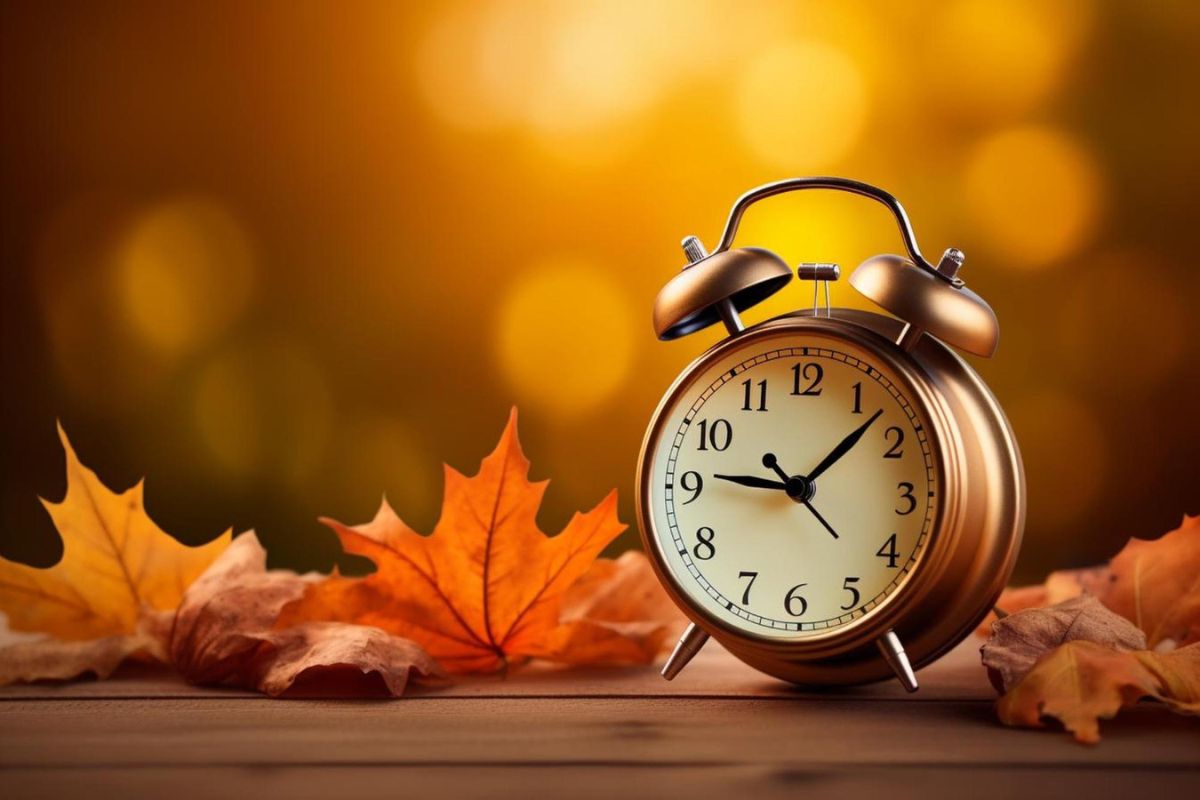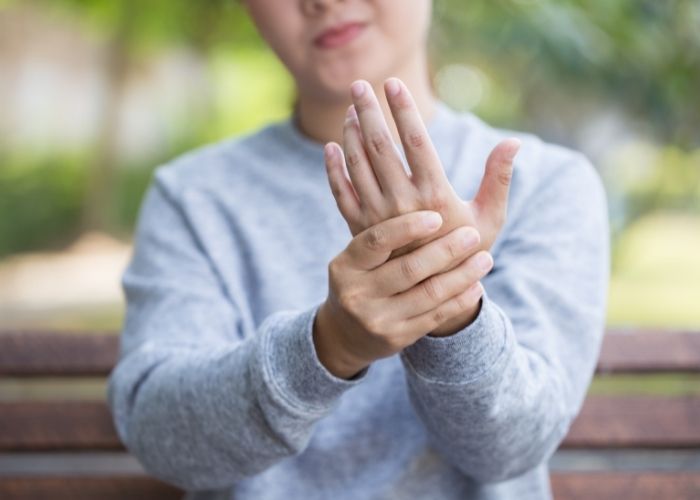Why Sleep Pattern Changes Matter for Seniors
Tick tock, tick tock, did you hear that? That’s the sound of time, and it waits for no one… especially not daylight savings! But what does this mean for seniors and their sleep?
Our sleep patterns, or circadian rhythms, are like our internal clock that dictates when we feel sleepy and when we’re wide awake. For seniors, good quality sleep is as important as a well-baked apple pie – it’s absolutely essential! It helps in cognitive functions and boosts mood and overall health. But what happens when this internal clock is disrupted?
The Impact of Clock Changes
Now, let’s talk about the elephant in the room – Daylight Saving Time (DST). When we “fall back”, we essentially set our clocks back by an hour. While it might seem like a chance to get an extra hour of sleep, it can often disrupt our sleep patterns. Imagine being jolted awake in the middle of a good dream, not fun, right?
Effects of Disrupted Sleep on Seniors
This minor disruption can have a significant impact on seniors. Even seemingly small changes can result in insomnia, which can further lead to reduced cognitive function and an increased risk of health issues such as heart disease. It’s important to recognize the significance of maintaining regular sleep patterns for the overall well-being and quality of life of the senior population.

Tips to Manage Sleep Pattern Changes
There are ways to tackle this head-on! Simple steps like maintaining a regular sleep schedule, avoiding caffeine before bedtime, and creating a sleep-friendly environment can go a long way. Also, exposure to morning sunlight can help reset that internal clock. It’s like a secret cheat code.
While the clock changes can throw us a curveball, understanding and managing sleep pattern changes can ensure seniors stay in the pink of health. Remember, every hour of sleep counts, so let’s make them all count!




